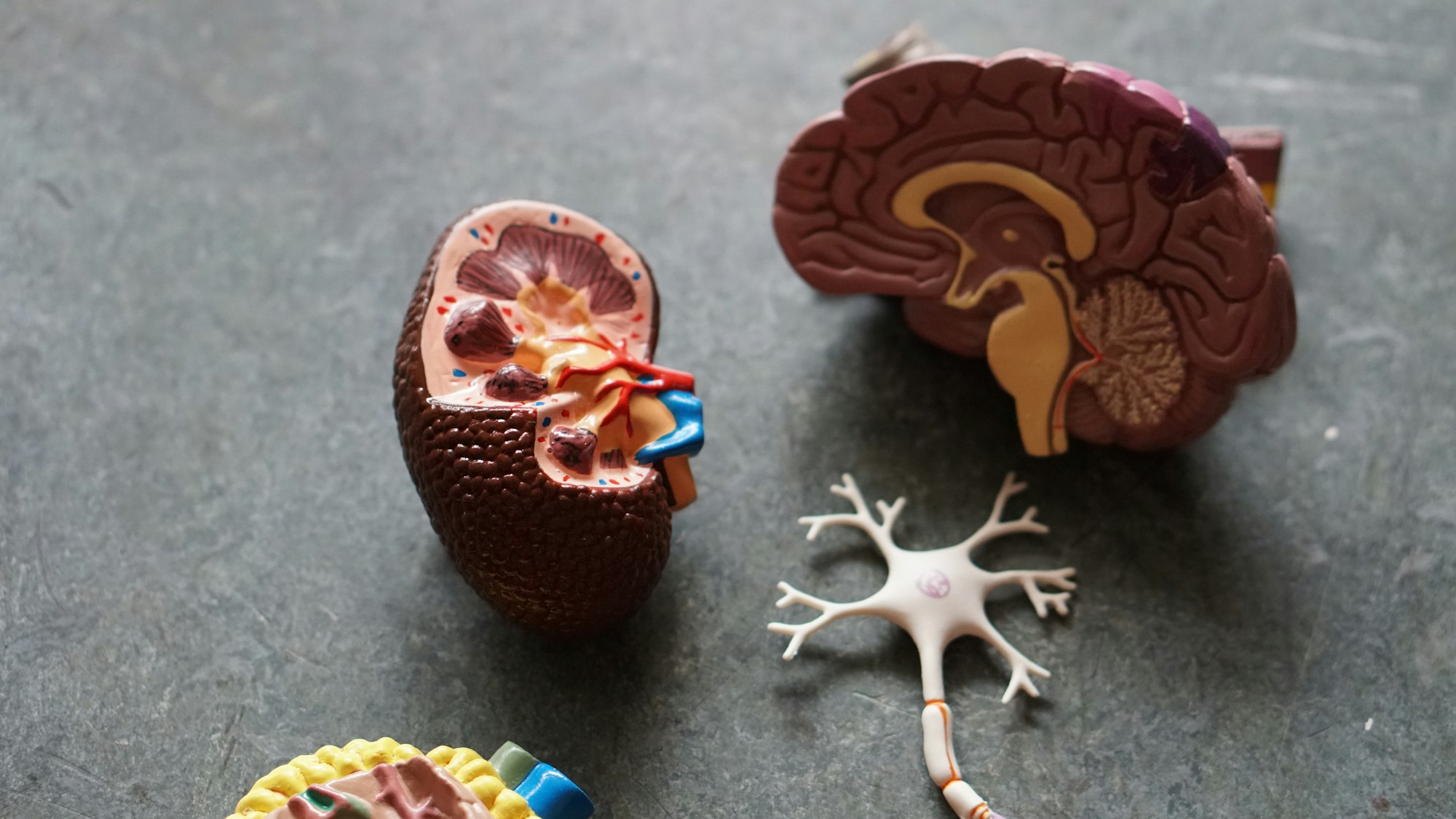A Dementia Overview: How to Plan Care For Dementia Stages
Understand the challenges and changes that occur at each stage, and how to provide care and advocate for your loved one with dementia. Discover tips for coping as a caregiver, and information on palliative care and end-of-life planning.

There are seven dementia stages. This is a brief and complete dementia overview. These stages of dementia are a scale used by health care professionals. For simplicity, the layperson will hear or read about only three stages of dementia.
There is early onset dementia, middle stage dementia and end stage dementia. These are the stages an individual will experience….with a progressive and untreatable form of dementia.
I will go into more detail about these three levels. Each stage will present different and new challenges. I will help you to expect those challenges, And educate you on how you, as a caregiver, can provide care.. And advocate for the aging senior inflicted with dementia.
Unraveling the Different Types of Dementia
Discover the fascinating world of dementia, where there's more than meets the eye. There are a variety of types, with some more manageable than others. While none are reversible, they each present their own unique challenges.
Here are the different types:
Alzheimer's Disease: A well-known form of dementia, this affects memory and language abilities.
Vascular Dementia: Caused by circulation problems in the brain, this type affects thinking and speed of activities.
Dementia from Parkinson's Disease: Along with similar disorders, this form of dementia impacts cognitive function.
Dementia with Lewy Bodies: An intriguing type that affects both the outer and inner parts of the brain, resulting in various cognitive challenges.
Frontotemporal Dementia (Pick's Disease): A subtype that primarily affects the cerebral cortex, leading to severe memory loss and language difficulties.
Creutzfeldt-Jakob Disease: Another form of cortical dementia that presents its own unique set of challenges.
But that's not all - there are also differences based on which part of the brain is impacted.

Cortical Dementias: These involve problems in the cerebral cortex, resulting in severe memory loss and language difficulties. Alzheimer's and Creutzfeldt-Jakob disease fall into this category.
Subcortical Dementias: These affect the parts of the brain beneath the cortex and result in changes in thinking speed and activity initiation. Forgetfulness and language problems are less common with subcortical dementia. Parkinson's disease, Huntington's disease, and HIV can cause this type.
Intriguingly, Lewy Body dementia impacts both parts of the brain, making it a unique combination.
What separates dementia from other forms of memory loss?
Dementia is distinct from temporary confusion or forgetfulness caused by infections or underlying illnesses. It is a progressive condition that worsens over time.
The Causes Revealed
What leads to dementia? Here are some of the most common causes:
Degenerative neurological diseases: Alzheimer's disease, Parkinson's disease, Huntington's disease, and certain types of multiple sclerosis.
Vascular disorders: Conditions that affect blood circulation in the brain.
Traumatic brain injuries: Car accidents, falls, concussions, and more.
Infections of the central nervous system: Meningitis, HIV, and Creutzfeldt-Jakob disease.
Substance abuse: Long-term alcohol or drug use can contribute to dementia.
But not all causes are irreversible. Some are treatable:
Alcohol or substance use disorder
Tumors
Subdural hematomas (blood clots beneath the brain's outer covering)
Normal-pressure hydrocephalus (fluid buildup in the brain)
Metabolic disorders, such as a vitamin B12 deficiency
Hypothyroidism (low levels of thyroid hormones)
Hypoglycemia (low blood sugar)
HIV-associated neurocognitive disorders (HAND)

The Stages Unveiled
Dementia progresses over time, going through different stages based on the affected area of the brain.
Let's do a brief dementia overview of the seven stages:
No Impairment: No visible symptoms, but tests may reveal underlying issues.
Very Mild Decline: Slight behavior changes, but still independent.Starts to have problems remembering words and where common objects are placed. This is the early sign of dementia.
Mild Decline: Noticeable changes in thinking and reasoning, including trouble making plans and repeating oneself.
Moderate Decline: Difficulty with remembering recent events, making plans, and handling money.Difficulty retrieving new information. Difficulty with planning. Organizing and performance at work or with things at home becomes more noticeable.
Moderately Severe Decline: Memory loss intensifies, along with confusion about time and day. Assistance with daily functions becomes necessary.Short-term memory is compromised. The individual is unable to plan and organize more complex tasks... such as planning a grocery list and cook a meal. Will begin to become withdrawn and avoid challenging situations.
Severe Decline: Forgetting the names of loved ones and requiring help with basic functions like eating and using the restroom. Personality and emotional changes may occur.This is the beginning of what we will refer to the middle stages of dementia. Experiences poor memory recall about personal information. Becomes confused and disoriented about time and location. The individual begins to need assistance... in making appropriate clothes choices, to dress for the weather or a special occasion.
Is still able to feed and toilet self and keep knowledge of family member’s names and faces. The challenges become more difficult as major and unpleasant personality changes can occur. There is an increase in the amount of care required.
At this stage, help is needed for most activities of daily living. The sleep/ wake cycle will begin to change. At this stage, an individual will have frequent episodes of incontinence. This is a stage where wandering can occur. Individuals may become suspicious, accusatory and develop repetitive behaviors.
Very Severe Decline: Inability to communicate thoughts, loss of mobility, and spending most of their time in bed.
Dementia is a complex journey, but understanding its types, causes, and stages is the first step in navigating through it.
This is the end stage of dementia. The individual is no longer able to respond to the environment. Unable to control physical movement and becomes unable to communicate. Inability to eat or swallow may occur. Let’s begin our journey into the challenges we face caring for someone with dementia at home.
It is possible to provide care at home through all of these dementia stages. It is important to be knowledgeable about the disease process.
The caregiver will…
As a caregiver, you will share moments of lucidity with your aging senior. This will give you a sense of hope that there will be a change and recovery will take place. Eyes filled with emptiness follow those moments of lucidity. The person you once knew is lost to you again. Some caregivers grieve the loss of the person they are caring for everyday.

It is important to understand, with progressive dementia, there is no improvement. Only good moments and bad ones. And a slow steady decline.
How To Plan For Care For Each Dementia Stage

Planning for Dementia Care in the Early Stages: How to Support your Loved One
In the early stages of dementia, most individuals can still maintain some independence. They may be able to continue with familiar activities like driving, volunteering, and socializing. However, as memory and cognitive impairment become more persistent, it's important to prepare and anticipate the challenges that may arise. Creating a dementia care plan can help navigate these changes.
To provide optimal support during this time, consider the following steps:
Offer Emotional Support: If your loved one seems depressed or in denial about their diagnosis, discuss these concerns with their doctor or seek assistance from a specialist in dementia.
Find Support: Help your loved one connect with others who are going through similar experiences by exploring online support groups for individuals with dementia and their caregivers.
Help with Organization: Create a daily routine that is easy to follow, set reminders for appointments and medication management, and assist with financial tasks and document organization.
Seek Legal Advice: Consult with an elder law attorney to address legal and financial considerations early on, such as preparing or updating necessary documents like living wills and power of attorney.
Proactively Assess Safety: Make necessary adjustments in their home to ensure a safe environment, remove fall hazards, encourage the use of medical ID bracelets or GPS trackers, and have an alternative care plan in place.
By taking these proactive steps, you can ensure that your loved one with dementia receives the necessary support and care they need during the early stages of the disease.
Caregiving Coaching
Planning for Middle-Stage Dementia Care: Ensuring a Better Quality of Life
As your loved one's dementia progresses, it becomes crucial to develop a comprehensive care plan. Middle-stage dementia brings worsening symptoms as brain cell damage continues.
During this stage, your parent may require assistance with various daily care needs such as eating, dressing, bathing, and toileting. Managing difficult behaviors like sleep problems, wandering, and aggression becomes more pronounced. Difficult emotions and mental health conditions such as anxiety, depression, and irritability may arise, along with increased disorientation and agitation (sundown syndrome). Expressing thoughts and following conversations may become challenging, leading to repetition or reliance on nonverbal communication. It is also unsafe for individuals in the middle stages of dementia to continue driving. Additionally, practicing safe hygiene by washing hands and wearing masks when necessary is important.
Considering Care Options for Middle-Stage Dementia
If you are living with someone in the middle stages of dementia, it is likely that you have taken on more caregiving responsibilities. It might be time to assess whether additional support is required to ensure the health and safety of your loved one. Along with considering their well-being, it is crucial to consider your own physical and mental health, financial burdens, and the impact on your family, social life, and work.
Some potential care and support options to consider include:
In-home care services: Offering various types of care tailored to your parent's needs, such as companionship, meal preparations, assistance with bathing and grooming, and more.
Respite care: Providing you with temporary relief by giving your loved one the care they need while you take a break, go on vacation, or spend time with other family members or friends.
Memory care communities: Tailoring care to specific memory loss needs, these communities provide a safe environment and engaging activities for seniors with dementia.
Adult day services: Offering limited support and supervision during the day, allowing primary caregivers some respite.
Developing Dementia Care Plans and Senior Living
If a senior living facility is necessary for your loved one's care, the care providers will discuss their health, care needs, and goals. They will assess mobility, cognitive health, and daily task performance.
This assessment will help the community's staff develop a personalized senior living care plan, taking into account your loved one's unique needs and background. Family members and caregivers can contribute valuable information about their loved one's preferences, personal history, and sense of identity.
It is essential to communicate with the community staff about your family member's typical daily activities to ensure their day is well-organized. Discussing structured and enjoyable activities can help reduce agitation and other challenging dementia behaviors.
As dementia symptoms progress, care plans should be regularly reviewed and adjusted to meet your loved one's changing needs. Stay in touch with the care providers to ensure your loved one receives the appropriate care and support they need.

Navigating Late-stage Dementia Care: Ensuring Comfort and Quality of Life
As dementia progresses, late-stage symptoms become increasingly challenging for both the individual and their family. It becomes imperative to provide 24-hour assistance and supervision, as leaving your loved one alone is no longer safe.
During this stage, your parent may face difficulties in eating or swallowing, have impaired speech and cognitive function, experience mobility issues, and become more susceptible to infections like pneumonia. Marked by immense sadness and grief, this period can be overwhelming for caregivers and family members.
However, there is hope. Hospice care offers invaluable support during end-stage dementia, aiming to preserve your loved one's quality of life. Whether provided at home, a hospice facility, nursing home, hospital, or an assisted living or memory care community, the focus is on ensuring comfort for the individual with dementia, while offering support to the entire family.
If you find yourself needing assistance in planning your loved one's care, our team of caregiver coaches or care managers is here to help. They can guide you through the decision-making process, considering your loved one's unique needs, your care expectations, and the available options, all to find the perfect solution for your family.
Hospice for end of life planning
You might also like this article:








